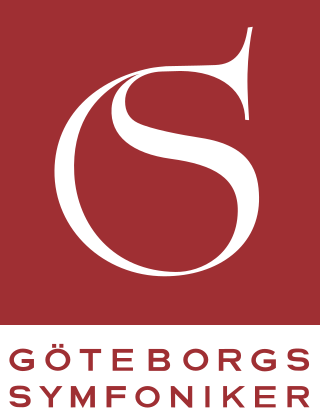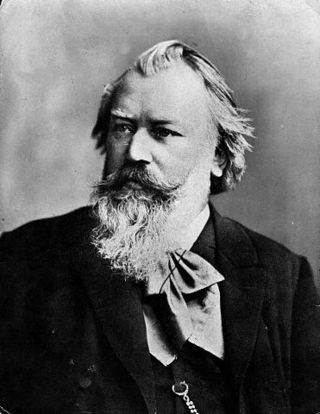
Gothenburg Symphony Orchestra is a Swedish symphony orchestra based in Gothenburg. The GSO is resident at the Gothenburg Concert Hall at Götaplatsen. The orchestra received the title of the National Orchestra of Sweden in 1997.

Esa-Pekka Salonen is a Finnish conductor and composer. He is the music director of the San Francisco Symphony and conductor laureate of the Los Angeles Philharmonic, Philharmonia Orchestra in London and the Swedish Radio Symphony Orchestra. In 2024, he announced his resignation from the San Francisco Symphony upon the expiration of his contract in 2025.

Neeme Järvi is an Estonian American conductor.
The Cello Concerto in A minor, Op. 129, by Robert Schumann was completed in a period of only two weeks, between 10 October and 24 October 1850, shortly after Schumann became the music director at Düsseldorf.

Steven John Isserlis is a British cellist. An acclaimed soloist, chamber musician, educator, writer and broadcaster, he is widely regarded as one of the leading musicians of his generation. He is also noted for his diverse repertoire and distinctive sound which is deployed with his use of gut strings.

The Double Concerto in A minor, Op. 102, by Johannes Brahms is a concerto for violin, cello and orchestra, composed in 1887 as his last work for orchestra.

Truls Olaf Otterbech Mørk is a Norwegian cellist.
Josef Feigelson is a concert cellist living in the United States.

David Geringas is a Lithuanian cellist and conductor who studied under Mstislav Rostropovich. In 1970 he won the gold medal at the International Tchaikovsky Competition. He also plays the baryton, a rare instrument associated with music of Joseph Haydn.

Lynn Harrell was an American classical cellist. Known for the "penetrating richness" of his sound, Harrell performed internationally as a recitalist, chamber musician, and soloist with major orchestras over a career spanning nearly six decades.
Guy Johnston is a British cellist and the winner of the BBC Young Musician of the Year award in 2000. He has subsequently enjoyed a successful international career as a soloist and chamber musician and currently serves as an associate professor of Cello at the Eastman School of Music in Rochester New York.
Nathaniel "Nick" Rosen is an American cellist, the gold medalist of the 1978 International Tchaikovsky Competition, and former faculty member at the USC Thornton School of Music and the Manhattan School of Music.
Ralph Henry Kirshbaum is an American cellist. His award-winning career combines the worlds of solo performance, chamber music, recording and pedagogy.

Jian Wang is a Chinese cellist. A soloist, chamber musician, recording artist and teacher, he was the first Chinese musician to ever sign an exclusive contract with Deutsche Grammophon.
Ronald Leonard is an American cellist. He has had a distinguished career as a soloist, chamber musician, principal cellist and teacher. He is currently on the faculties of the USC Thornton School of Music and the Colburn School. He was a winner of the Walter Naumburg Competition while a student at the Curtis Institute of Music, where he studied with Leonard Rose and Orlando Cole.
Andrew Shulman is an English virtuoso cellist, conductor and composer. He is currently the principal cellist of the Los Angeles Chamber Orchestra and maintains his cello studio at the University of Southern California's Thornton School of Music in Los Angeles, California.
Steven Doane is an American cellist, professor and recitalist.
Wendy Warner is a cellist from Chicago, Illinois. She performs both as a soloist with major orchestras and as a chamber musician around the world.
James Matheson is an American composer. His works have been commissioned and performed by the Albany Symphony Orchestra, Chicago Symphony Orchestra, Los Angeles Philharmonic, New York Philharmonic, Borromeo String Quartet, Carnegie Hall and the St. Lawrence String Quartet. In December 2011, he received the Charles Ives Living from the American Academy of Arts and Letters, an award providing him with $100,000 for two years (2012-2014). Previously, he received the Academy’s Goddard Lieberson Fellowship in 2008 and Hinrichsen Award in 2002. He has also received awards from the Civitella Ranieri, Bogliasco and Sage Foundations, ASCAP, and the Robbins Prize. He was executive director of the MATA Festival of New Music in New York from 2005-2007 and has been a fellow at the Aspen Music Festival. Since September 2009, he has been the director of the Los Angeles Philharmonic’s Composer Fellowship Program.
Brinton Averil Smith is an American cellist.









